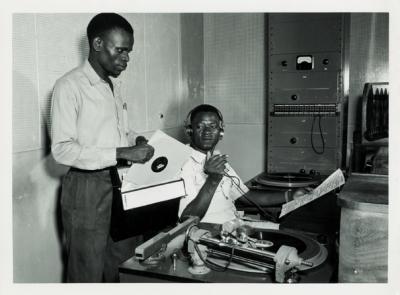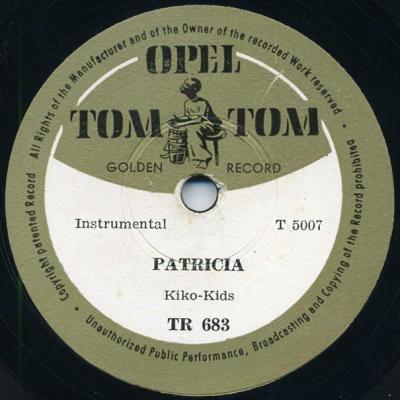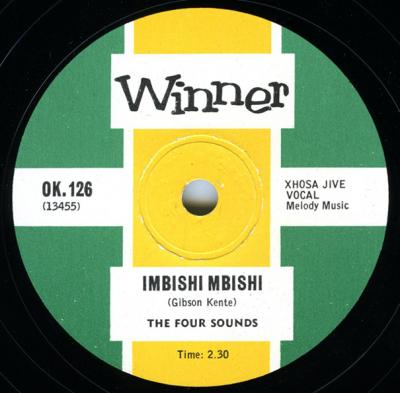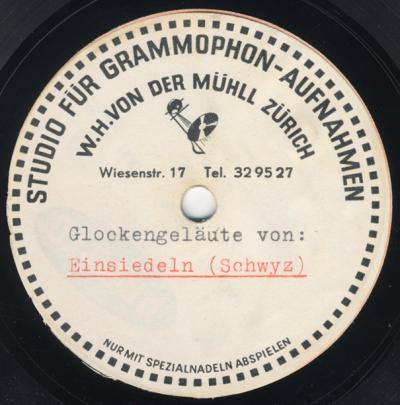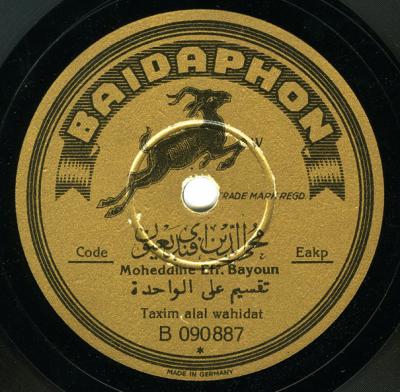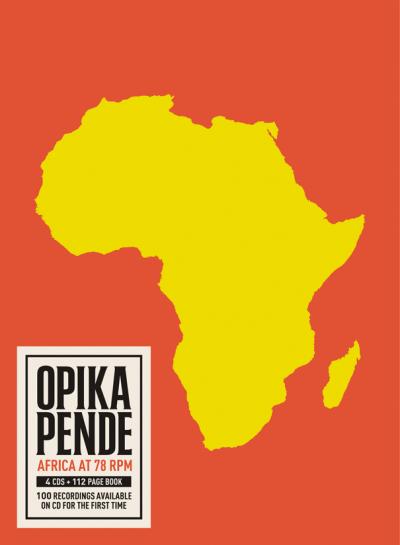SIM Cards from Northern Mali
Christopher Kirkley offers on his MP3-blog Sahelsounds a great variety of music from Northern Mali. He frequently visited the city of Kidal where today French, Malian and African troops are trying to push back Islamist rebels, and where musicians recently were forbidden to perform music. Kirkley collected music that people in this region listen to and share on their mobile phones, and he recorded singers and musicians. He challenges outdated concepts of ethnographic fieldrecording and documentation. And he offers a wild mix of autotuned DIY-pop and unplugged music. Enjoy our first podcast in the new norient series on MP3-blogging.
Film
Trailer for I Sing the Desert Electric, a short film of electronic based musical phenomena occurring from Mauritania to Northern Nigeria. A film by Christopher Kirkley.
Albums
«From dreamy Niger guitar ballads, Bamako club juke, to hi energy Moroccan child Raï – with a focus on the Autotuned DIY creations circulating the desert.» Sahelsounds produced severall albums. Buy downloads online, and/or order vinly. Support the musicians of Northern Mali in buying the album Songs for the North Country!
Videos not availabe anymore.
Cover-Art
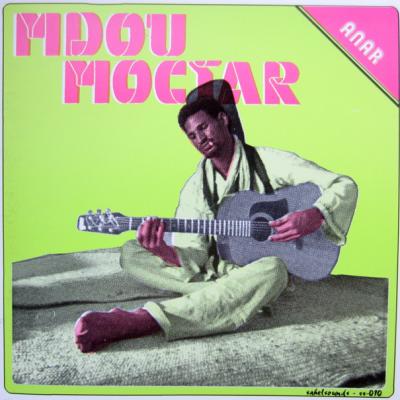
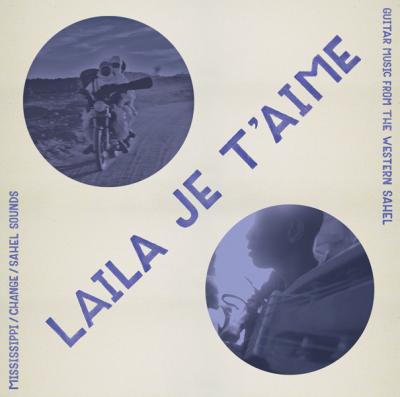
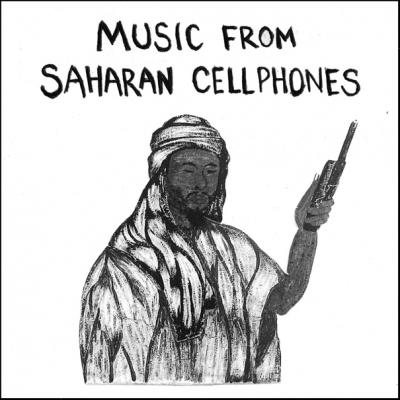
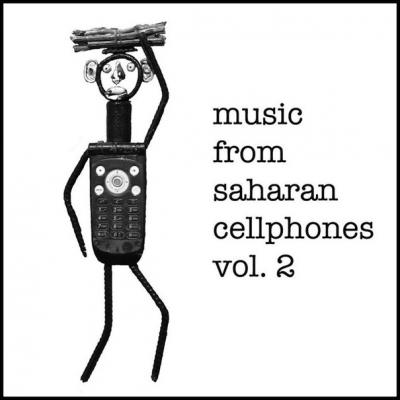
Art
The Portland Museum of Modern Art showed Christopher Kirkley‘s exhibition «Azawad Libre! New Media and Imagined Geographies in the Sahel», from November 18th to December 15th 2012. Kirkley exhibits his travels in this multimedia showcase, exploring a flourishing intersection of folk art, computers, and cell phones through the Sahel, and the political implications of these new forms of expression. Kirkley uses these words to describe the exhibition: «Examining the rich content of the digital artifacts which circulate through the networks of the Sahel, Azwad Libre! considers not only the roles of new media and democratization of creative tools, but the beauty of uninhibited inspiration.»


Biography
Published on February 12, 2013
Last updated on May 01, 2024
Topics
From instruments made of plastic waste of the ocean to questions about a futurist naturalism which embraces technology for aesthetic emancipation.
Place remains important. Either for traditional minorities such as the Chinese Lisu or hyper-connected techno producers.
About Indian musicians in German pedestrian zones and the relationshis of music and place in academic research.
